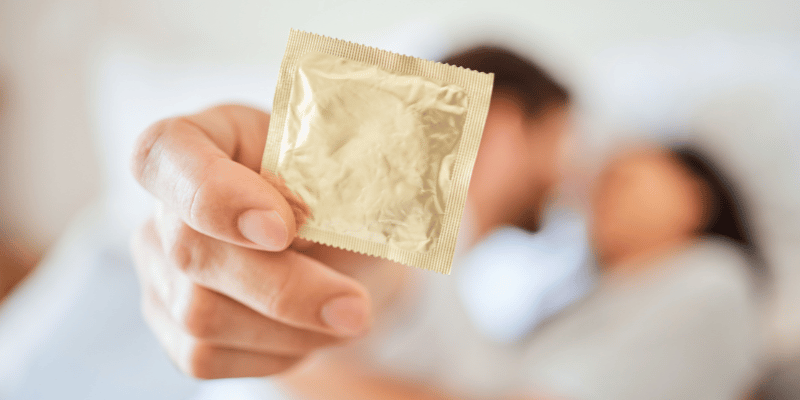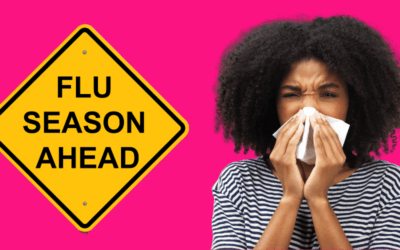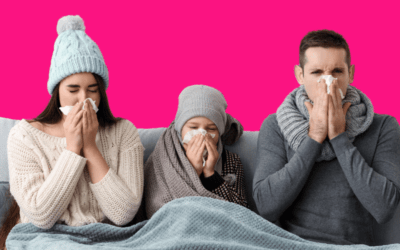As the festive season nears, increased socialisation, alcohol consumption and lowered inhibitions can often lead to people undertaking more risky behaviours. In particular the importance of safe sex practices during this time can often be overlooked with a lack of awareness and consequences contributing to the increase in unprotected sexual encounters and rise in sexually transmitted infections (STIs) which are often seen during this period.
Yet it’s not just the festive season that this is a concern, rates of STIs in general have been shown to be the rise. The UK Health Security Agency (UKHSA) reports that there were almost 400,000 STIs diagnosed in England in 2022, a 24% increase from the previous year. Although anyone can get an STI and there is no upper age limit. Young people in particularly, are at greatest risk, alongside black minority ethnic (BME) populations, gay-bisexual and other men-who-have-sex-with-men (GBMSM) and those residing in the most deprived areas.
What is an STI?
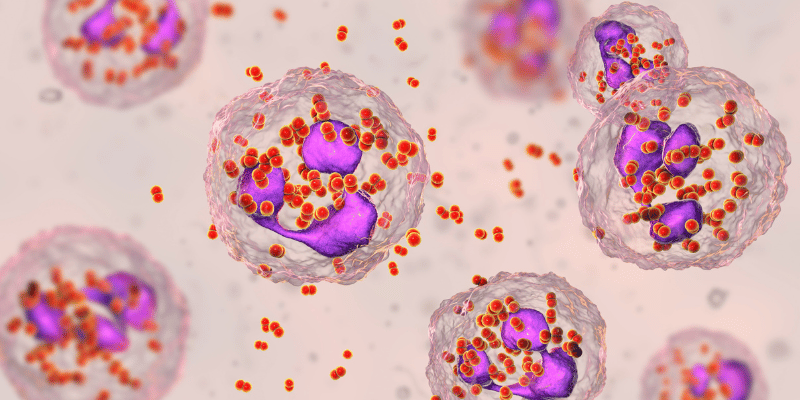
Sexually transmitted infections (STIs) are primarily transmitted through unprotected sexual contact. Some STIs can also be passed on during pregnancy, childbirth, and breastfeeding, as well as through contaminated blood or blood products. STIs have a significant impact on health and can not only affect a person’s physical well-being but can also have implications on their mental health and relationships. If left undiagnosed and untreated, common STIs can result in various complications and long-term health issues, ranging from infertility and pelvic inflammatory disease to adverse pregnancy outcomes, neonatal infections and cardiovascular and neurological damage. STIs are a significant public health concern, which pose a threat not only to the health and well being of individuals but also incur substantial costs to healthcare services.
What are the most common STIs in the UK?
In the UK, chlamydia, gonorrhoea and syphilis are among the most commonly reported infections, alongside human papillomavirus (HPV), human immunodeficiency virus (HIV), hepatitis b, herpes and mycoplasma genitalium. Factors contributing to the persistence of these infections include gaps in comprehensive sex education, stigma, and barriers to accessing testing and treatment. Whilst efforts are underway to address these issues, through emphasising the importance of regular screenings, open communication and the promotion of safe practices, more still needs to be done to tackle the rising rates of infections.
Let’s explore a little more about some of the common STIs we see:
Chlamydia

One of the most common STIs in the UK is Chlamydia which is caused by the bacteria Chlamydia trachomatis.
- Whilst most people with chlamydia do not notice any symptoms and therefore do not know they have it, it can lead to genital pain, unusual discharge, pain during urination and abnormal bleeding after sex or between periods.
- Left untreated chlamydia can lead to pelvic inflammatory disease and cause other complications. Data from UKHSA in 2022, showed almost 200,000 infections diagnosed, a 24% increase since 2021.
Gonorrhoea

- Gonorrhoea is a bacterial infection caused by the Neisseria gonorrhoeae bacterium.
- It is the second most commonly diagnosed STI in England, with around 80,000 diagnoses a year, an increase by 50% from last year according to the UKHSA.
- Symptoms include genital discharge and pain during urination, it can also affect the throat and rectum. Complications may include pelvic inflammatory disease, infertility and painful infection in the testicles and prostate in men.
- Gonorrhoea causes significant morbidity and remains a public health concern globally. Global reports have indicated increased resistance to most antibiotics used to treat gonococcal infections, worryingly with highly resistant strains showing resistance to several different antibiotic classes.
- Gonorrhoea is increasing in people of all ages, but the rise is highest among young people aged 15 to 24 years.
Syphilis

Syphilis is caused by the Treponema pallidum bacteria. Syphilis progresses through stages with diverse symptoms.
- Early symptoms can be mild and come and go and can include swollen glands, fever, headaches, night sweats, rash and an ulcer at the location where the infection entered the body.
- If left untreated, late stage syphilis can lead to serious health complications including irreversible and life-threatening problems affecting the heart, brain and other organs.
- Syphilis can also be passed on to the unborn baby during pregnancy, known as congenital syphilis.
- If diagnosed and treated early it can be cured with antibiotics, however infection does not go away on it’s own.
- Cases of syphilis increased to over 8000 in 2022, up 15% from 2021 and the largest number reported since 1948.
Human Immunodeficiency Virus (HIV)
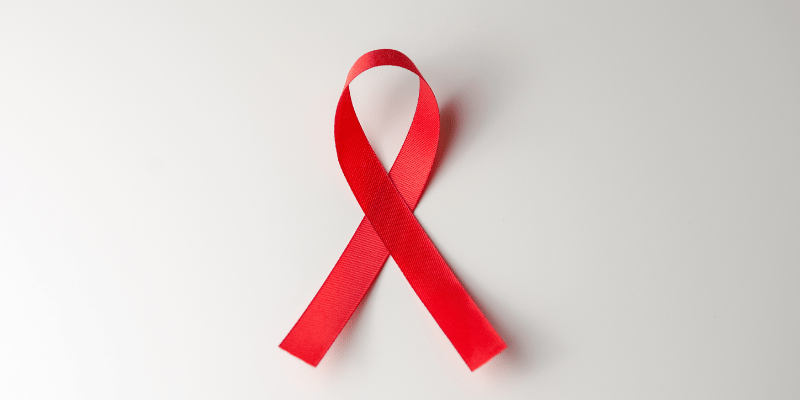
HIV is a virus that damages immune system cells and reduces the body’s capacity to fight off common illnesses and infections.
- Initial symptoms may include flu-like symptoms such as a fever, sore throat, tiredness, joint pain and swollen glands.
- Individuals are at risk of serious infections and if left untreated, HIV can lead to the progression of AIDS (acquired immunodeficiency syndrome). Early detection and treatment are crucial for managing the progression of the virus.
- In 2022, England saw a 3% increase in the number of people living with diagnosed HIV, reaching 94,397 from 91,368 in 2021. However successful treatment has led to people living longer healthier lives, with 50% of those diagnosed aged 50 or over in 2022 compared to 27% in 2012.
- In total 98% of those living with HIV in England in 2022 (with a reported viral load) were virally supressed and thus unable to transmit the virus to sexual partners.
Human Papillomavirus (HPV)
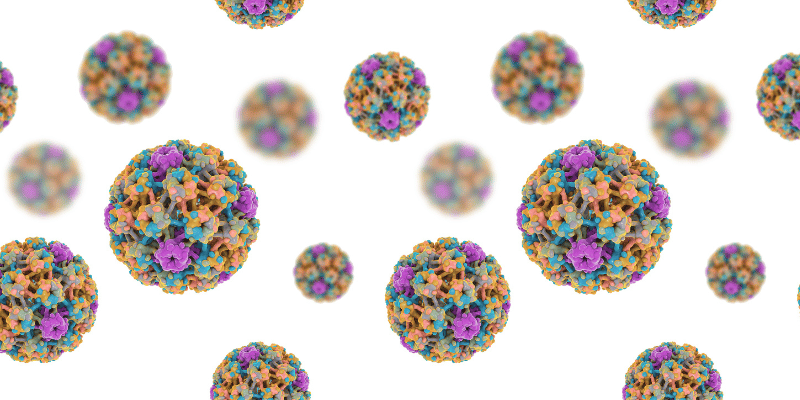
HPV is caused by various strains of the Human Papillomavirus.
- HPV is very common and often asymptomatic.
- Some strains can cause genital warts, while others are linked to cervical and other cancers.
- Regular screenings and vaccinations are crucial for preventing HPV-related cancers.
Prevention of STIs – let’s wrap it up!

It only takes one unprotected sexual encounter to get infected. Condoms are the only effective method of protecting against STIs if you are sexually active, and even then, only when they are used correctly. Correct and consistent condom use not only remain a major intervention for preventing STIs but also unplanned pregnancies. Dental dams are not a type of condom, however they can provide some protection against STIs but it is important to be aware that they do not protect against unplanned pregnancies. Condom distribution schemes (CDS) are a key method of promoting safe sexual health and more information can be found in the NICE guidance for Sexually transmitted infections: condom distribution schemes.
Get tested

Regular screening for STIs and HIV is crucial for maintaining good sexual health. As we discussed earlier many STIs are also asymptomatic, emphasising the importance of testing, especially after unprotected sex. It is recommended that individuals undergo STI screening, including HIV testing, at least once a year, especially if engaging in condomless sex with new or casual partners, even in the absence of symptoms. This screening should also occur upon a change of sexual partner. The UKHSA advises that GBMSM should have STI and HIV screening annually or every 3 months if having condomless sex with new or casual partners.
As it can take time for some STIs to show up on tests, the window of testing is also also very important and a result will only be accurate if the swab or blood is taken after the recommended window period, or waiting time. For example with chlamydia, a result will only be accurate if the swab is taken at least 14 days after sexual exposure. Therefore, it is usually recommended to offer testing at initial presentation and again after 14 days. With HIV, getting tested 3 months after exposure usually gives the most accurate result.
Many community health services in the UK now offer sexual health testing through self-sampling kits and some services offer online testing options where individuals can order kits online and take them in the privacy of their own home. Ensuring easy access to STI testing facilities and resources is essential. Increased testing availability during the festive season can encourage individuals to get checked regularly, promoting early detection and treatment.
Get vaccinated!
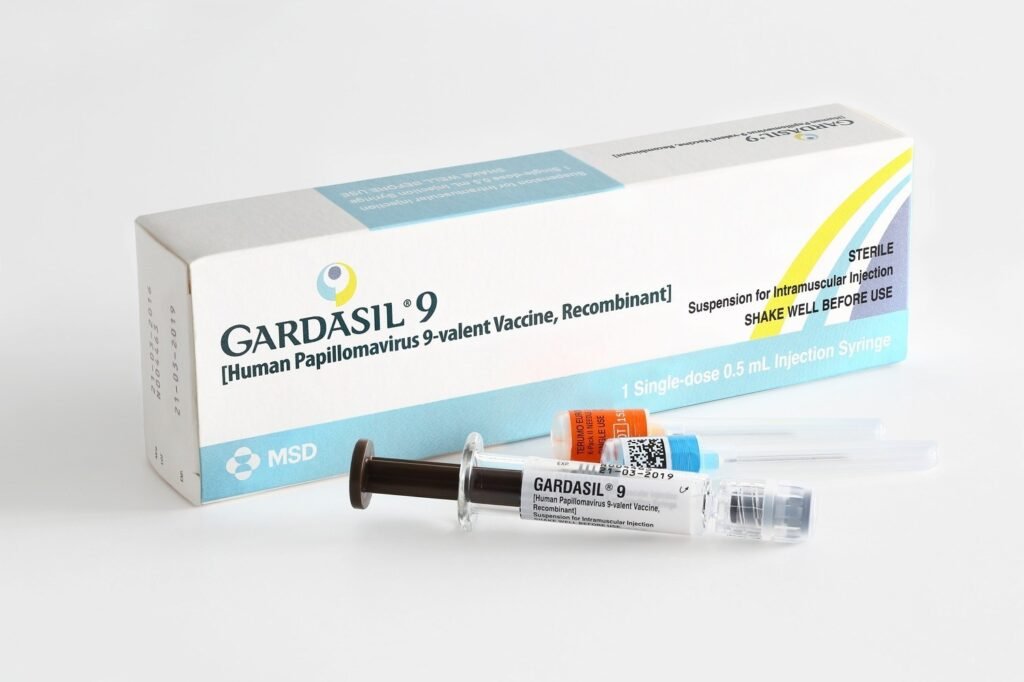
Vaccination against sexually transmitted infections such as HPV, hepatitis A and hepatitis B is a key preventive measure, and healthcare professionals should proactively discuss and recommend these vaccinations to those who are eligible. Currently GBMSM and others at high risk of exposure can get hepatitis A and hepatitis B vaccinations through the NHS. GBMSM up to the age of 45 are also eligible for HPV vaccinations. It’s important when promoting vaccinations to be able to confidently discuss the diseases and their potential severity, the risks and benefits of vaccination and the importance of having all doses of a vaccination course.
Stay tuned – a potential vaccination for Gonorrhoea?

More recently the Joint Committee on Vaccination and Immunisation (JCVI) has issued its recommendations for a routine targeted vaccination programme for the prevention on gonorrhoea, using the 4cMenB Meningococcal Group B vaccine. This vaccine is currently used in the UK routine childhood programme for the prevention of meningococcal disease. However, meningococcal disease (Neisseria meningitidis) and gonorrhoea (Neisseria gonorrhoeae) are very closely genetically related, with evidence showing that the 4cMenB vaccine does actually provides some cross-protection against gonorrhoea. The introduction of vaccine for this reason would be a world first, and it is thought could significantly help to reduce levels of gonorrhoea, which are currently at a record high. More information can be found in the latest JCVI recommendations.
HIV PrEP and PEP
Discussing the availability and use of HIV Pre-Exposure Prophylaxis (PrEP) for individuals at higher risk of HIV is also a crucial aspect of sexual health. HIV PrEP can be accessed free from specialist sexual health services and can reduce the risk of acquiring HIV following sexual exposure by stopping the virus from getting into the body and replicating. HIV Post-Exposure Prophylaxis (PEP) can also be sought free through specialist services and most emergency departments.
Unplanned pregnancies

Unprotected sex not only brings about the risks of STIs but it can also lead to unintended pregnancies. It is known that pregnancy rates can also increase post festive celebrations. For those in these situations, emergency contraception after unprotected sex can help to prevent an unintended pregnancy. There are two different methods of emergency contraception, including the Intrauterine device (IUD, or “copper coil”) and the emergency hormonal contraception, also known as the “morning after” pill. Advice should be sought from sexual health services and through GP practices and pharmacies offering this service.
Our role in promoting safe sexual practice and reducing STIs during the festive season

Working in healthcare we have a vital role to play in reducing STIs. Early detection, regular screening and promoting safe sexual practices are crucial components of prevention and management in sexual health services. We can play an important role in raising awareness about the risks associated with STIs through outreach programmes, informational campaigns and community events to help disseminate important information. We can also provide information and education about STIs and the impact that alcohol and drugs can have on sexual decision making.
We should also be trying to destigmatise sexual health by engaging in conversations to ensure people feel safe to get tested and treated when they need to and are aware of the need to practice safe sex. Establishing non judgement and open lines of communication is essential to encourage patients to share their experiences and create an atmosphere of trust to enable us to address issues more effectively.
Its important that everyone is signposted to, and can access sexual health services. Information and advice on how to access services is available at Sexwise, NHS.UK and from the national sexual health helpline on 0300 123 7123.
In summary,
Whilst the festive season is a time of giving, no one wants the present of an STI. It’s important to acknowledge the potential risks this time of year can bring associated with increased sexual activity. By understanding the factors contributing to the rise in STIs during the festive period, we can work together to promote education, awareness and safer sexual practices.
Interested to find out more?
Our sexual health course is currently on sale! Aimed at health professionals wishing to deliver introductory level sexual health services in primary care and community pharmacy settings. You can find out more by clicking on the link in the image below.
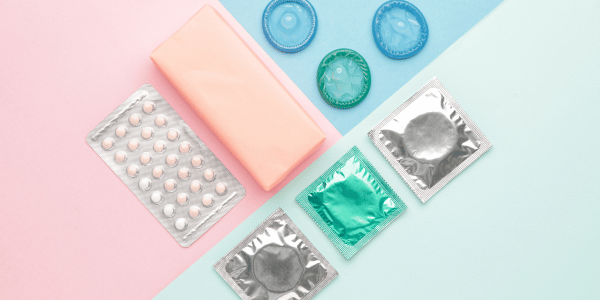
Introduction to Sexual Health in Primary Care & Community Pharmacy
was £65 now £39
This introduction to sexual health course is perfect for any health professionals wishing to deliver introductory level sexual health services in their primary care or community pharmacy setting. Find out more about the course.
Why not reflect on your learning from this article as part of your continuing professional development (CPD). Click below to fill out a short form which can be emailed to yourself for your own records.
CPD Reflective Practice


